When your Check Engine light comes on or you experience difficulty starting your car, it might be due to a failing vehicle battery. Regular monitoring of dim headlights and slow engine starts is crucial for preventing unexpected breakdowns. If accompanied by peculiar smells or visible corrosion on battery terminals, immediate attention is needed. Timely replacement of batteries based on these signs ensures reliable vehicle performance and prevents stranding.
Is your car struggling to start or showing unusual symptoms? A failing car battery can cause all sorts of issues, from a simple inconvenience to more serious problems. Here are seven signs indicating it’s time to consider replacing your battery. Learn to recognize these early warnings—including a flickering check engine light, difficulty turning the key, and dimmed headlights—to keep your vehicle running smoothly. Don’t let a weak battery leave you stranded; be proactive and stay on top of maintenance with regular testing.
- Check Engine Light: A Red Flag for Battery Issues
- Difficulty Starting the Car: When Your Battery Weakens
- Slower Than Normal Cranking: Pinpointing Early Signs
- Dim or Dimmed Headlights: Illuminating a Failing Battery
- Odd Smells or Corrosion: Visual and Olfactory Clues
- Battery Test: Knowing When to Replace It
Check Engine Light: A Red Flag for Battery Issues
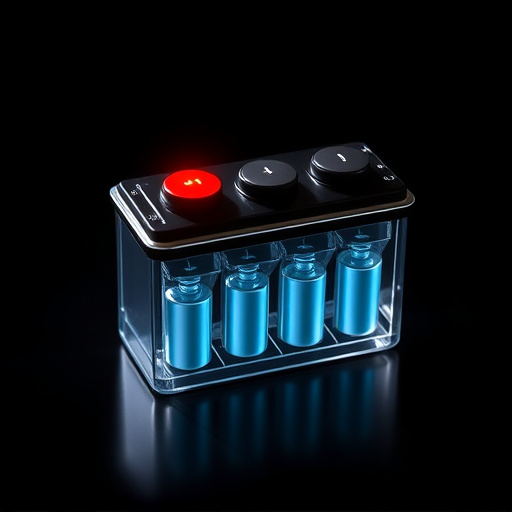
When your Check Engine light turns on, it could be a red flag indicating various issues, including a failing car battery. This warning sign is often an early indicator that something is amiss beneath your vehicle’s hood. If your battery is weak or damaged, the engine control unit (ECU) might detect this and trigger the check engine light to illuminate.
If you notice this light flickering or staying on consistently, it’s advisable to have your battery checked. Over time, batteries wear out, and their performance can degrade, leading to a loss of power and even failure. Regularly monitoring this warning sign can help drivers avoid unexpected breakdowns and guide them towards timely replacement battery solutions to keep their vehicles running smoothly.
Difficulty Starting the Car: When Your Battery Weakens
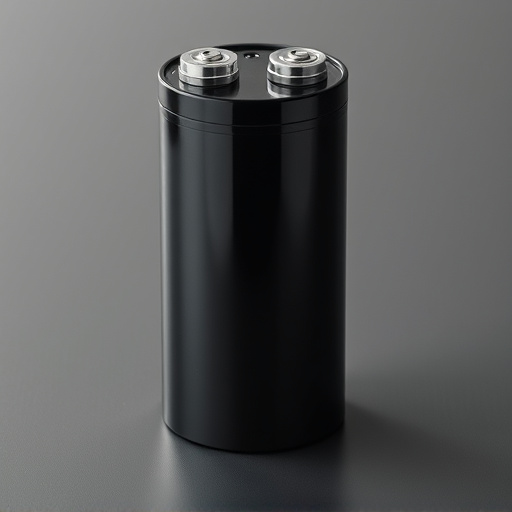
If you’ve been experiencing difficulty starting your car, it might be an early warning sign that your vehicle’s battery is failing. As a car battery weakens, its ability to provide enough power to turn over the engine diminishes. This can result in slower cranking times or even complete failure to start. You may notice that the ignition turns more slowly than usual or hear unusual noises coming from the engine when you try to start it.
Regularly hard starts or a car that won’t start at all are strong indicators that your battery needs attention. It’s often a good idea to have your battery checked if you’re experiencing these issues, as it could save you from being stranded and prevent more serious problems down the line. If necessary, replacing your battery can be a straightforward process that helps keep your car running smoothly.
Slower Than Normal Cranking: Pinpointing Early Signs
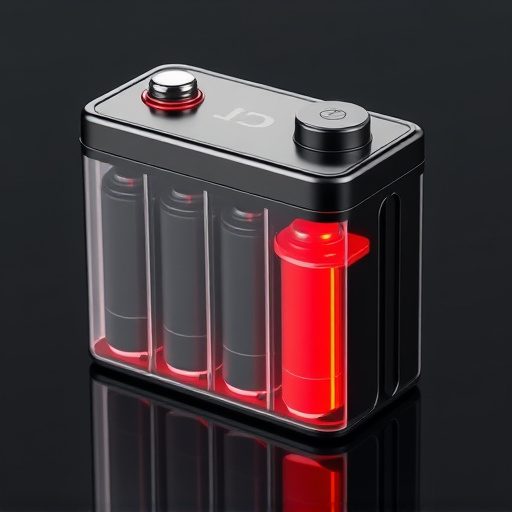
If your car is taking longer than usual to start, it could be an early indicator that your battery is failing. When a battery starts to weaken, its ability to provide enough power to turn over the engine diminishes. This results in a slower cranking speed, especially in colder temperatures when batteries are less efficient. As a professional mechanic might point out, this is often one of the first subtle signs that your car battery needs replacing.
Pay attention to how quickly your vehicle sputters to life or if it struggles to start at all. If you find yourself having to turn the key several times or wait a few moments for the engine to ignite, these could be red flags. Keeping an eye on these early warning signs can help prevent unexpected breakdowns and save you from the hassle (and cost) of a sudden battery failure. Consider regular checks and replacing your battery if necessary to keep your vehicle in top shape.
Dim or Dimmed Headlights: Illuminating a Failing Battery
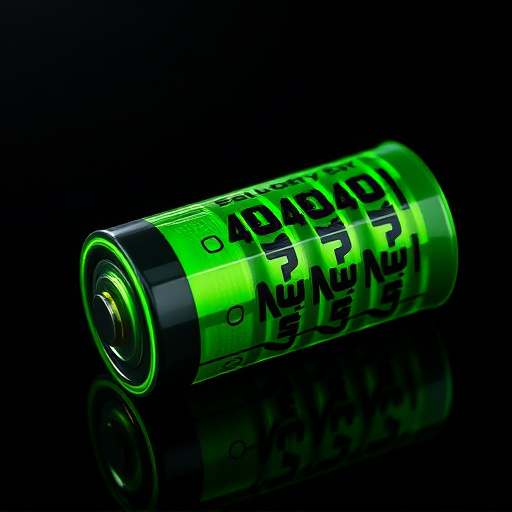
If you’ve noticed that your car’s headlights are dimmer than usual, it could be a clear sign that your battery is on its last legs. When a car battery starts to fail, it often results in reduced electrical power throughout the vehicle, including the lighting system. As a result, your once bright and powerful headlights may now seem dim or struggle to illuminate the road ahead as effectively.
This issue can be easily overlooked, especially if you’ve been used to a certain level of brightness. However, when combined with other symptoms like difficulty starting the engine or strange electrical behavior, dimmed headlights should prompt you to consider replacing your battery. Regularly checking and maintaining your car battery is essential for ensuring reliable performance and preventing unexpected breakdowns.
Odd Smells or Corrosion: Visual and Olfactory Clues
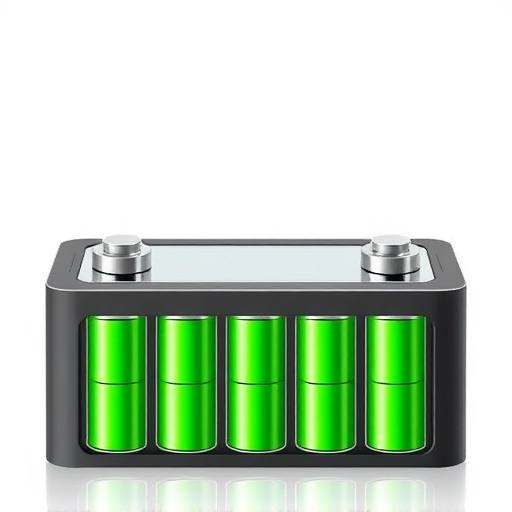
If you’ve noticed a peculiar smell coming from under the hood or around your car’s electrical components, it could be a sign that your battery is failing. This is often accompanied by visible corrosion on the battery terminals and connections. Corrosion builds up over time due to moisture and chemical reactions, affecting the battery’s ability to hold a charge. As the corrosion grows, it can cause an open circuit or weak connections, leading to starting issues or complete failure.
These odd smells, ranging from sweet to pungent, are often the first warning signs of a failing battery. If you detect these odors, particularly when turning on your car or accessing electrical systems, it’s advisable to have your battery checked and consider replacing it if necessary. Regular maintenance, including cleaning and inspecting battery terminals, can help prevent corrosion build-up and ensure optimal performance.
Battery Test: Knowing When to Replace It
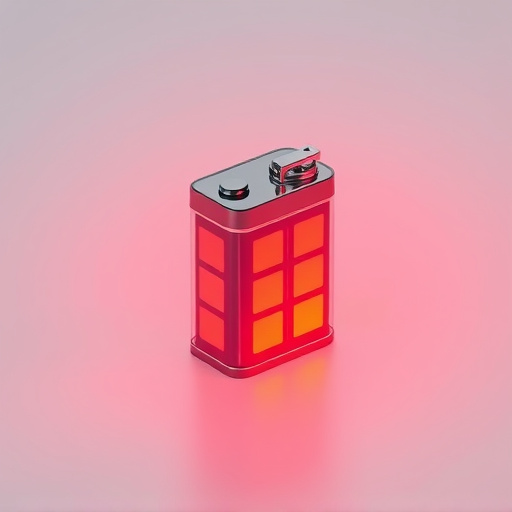
If you’ve noticed your car’s performance taking a hit, it might be time for a battery test. Just like any other component in your vehicle, batteries have a lifespan and will eventually need to be replaced. Regularly checking your battery’s health is an essential part of maintaining your car. Many modern vehicles come equipped with warning systems that alert you when there’s an issue. Pay attention to these signs, as they could save you from being stranded on the side of the road.
Performing a simple diagnostic test can reveal whether it’s time to replace your battery. Look out for dim headlights or difficulty in starting the engine as potential indicators. If these issues persist despite ensuring the battery is charged and clean, it’s likely that replacement is necessary. Remember, a well-maintained car battery ensures a smooth ride, so don’t ignore any warning signals.
If your car is showing signs of a struggling battery, it’s crucial to address these issues promptly. Regularly monitoring these seven key indicators can help you predict and prevent complete battery failure, ensuring a smooth driving experience. Remember, timely action to replace your battery can save you from unexpected breakdowns and costly repairs. Stay ahead of the curve and keep your vehicle’s power source in top shape!
